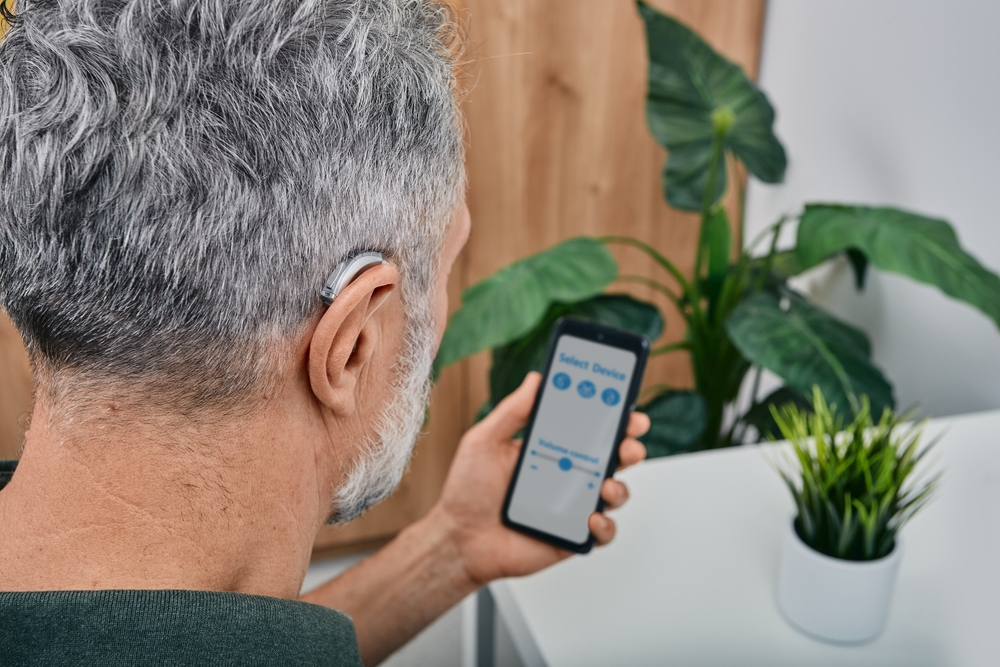
Even mild hearing loss can significantly impact everyday life, influencing relationships with friends, family, and colleagues, as well as complicating regular tasks such as grocery shopping. However, the benefits of well-calibrated hearing aids can promote transformative changes.
Top ten reasons to invest in hearing aids
While the chief advantage of hearing aids is obvious, improved hearing, their effect extends far beyond mere auditory enhancement. The following will thoroughly outline those advantages.
Improved relationships and communication
Personal relationships rely on the ability to clearly communicate. Untreated hearing loss often results in lost conversations and misunderstandings, which can stress relationships. Hearing aids allow you to participate fully in conversations, enhancing your ability to connect with others and decreasing feelings of isolation or disappointment.
Being more independent
Untreated hearing loss leads to obstacles in communication causing tasks like going shopping to become difficult. Your ability to understand speech and hear in various environments will be strengthened by hearing aids, allowing you to navigate these situations more independently. This increased independence extends to activities like driving, where enhanced situational awareness contributes to safer experiences.
Possibility of earning more
Reliable communication is key when you’re working in professional situations. Untreated hearing loss can hamper your ability to engage in meetings or discussions completely, potentially impacting job performance and career advancement. You can boost your productivity, which can, in turn, bring about career opportunities, by using hearing aids to stay more alert and engaged.
Discomfort from tinnitus can be reduced
Tinnitus, characterized by ringing in the ear, often accompanies hearing loss. Many people find that using hearing aids helps mask tinnitus sounds, offering relief and improving all-around comfort.
Mitigated cognitive decline
Some research has uncovered a connection between neglected hearing loss and mental decline, including dementia. By managing hearing loss with hearing aids, you could decrease the risk of cognitive impairment and maintain better overall brain health.
The ability to take pleasure in music
The perception of music will be less pleasant if hearing loss is distorting your perception of it. Hearing aids restore the richness and depth of musical sounds by compensating for frequency gaps, allowing you to rediscover the excitement of listening to your favorite songs.
Increased confidence
Whether you’re in a social or professional situation, being able to hear better will give you more confidence. With increased communication abilities, you’ll feel more self-assured and competent, enhancing your overall quality of life.
Having more energy
Neglected hearing loss pushes the brain to work extremely hard to fill in missing sound which can be mentally draining. With hearing aids, you won’t feel so fatigued and will be able to participate in all of those activities that you enjoy.
Awareness and safety can be enhanced
Awareness of one’s surroundings is essential for safety, whether it’s crossing the road or driving a car. Environmental sounds can be restored by hearing aids, ensuring that your response to things including alarms and approaching vehicles is safe and correct.
Establishing a positive example
You will set a positive example for others going through hearing loss by welcoming hearing aids and displaying an approach to health and well-being that is positive. It inspires people around you by showing a commitment to personal improvement and growth.
Schedule a hearing test today
While the main benefit of hearing aids is to enhance auditory perception, the ripple effects on other facets of life are profound. Whether it’s cultivating better relationships, increasing independence, or safeguarding cognitive health, the choice to wear hearing aids is a step towards a more rewarding and engaged life.
Take the first step towards better hearing today by scheduling a hearing assessment with us.